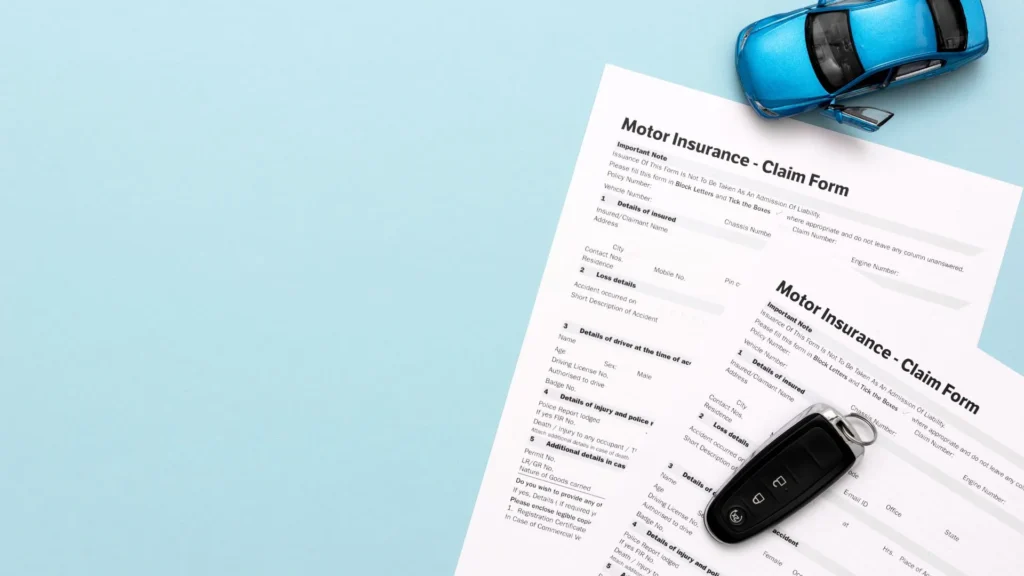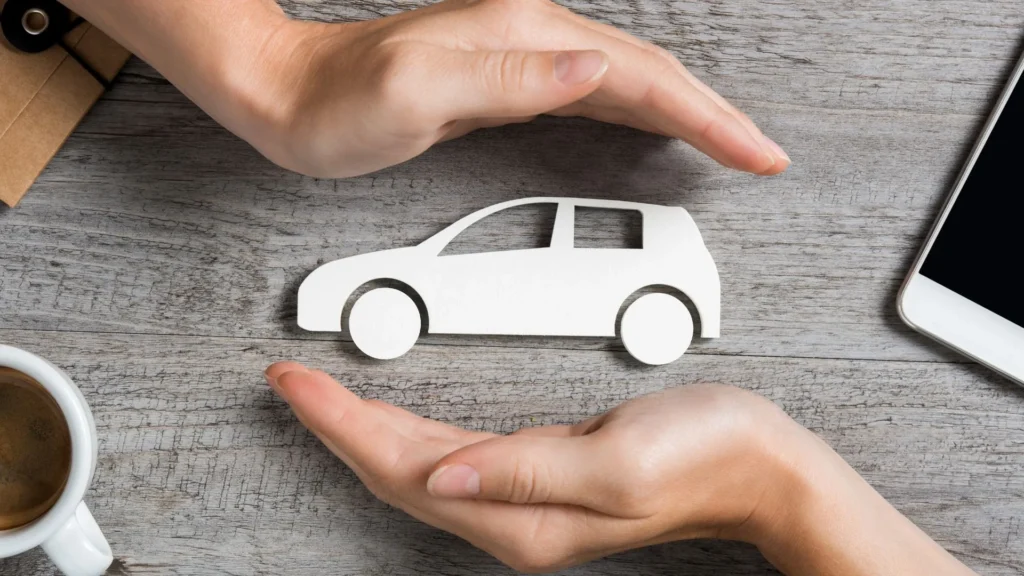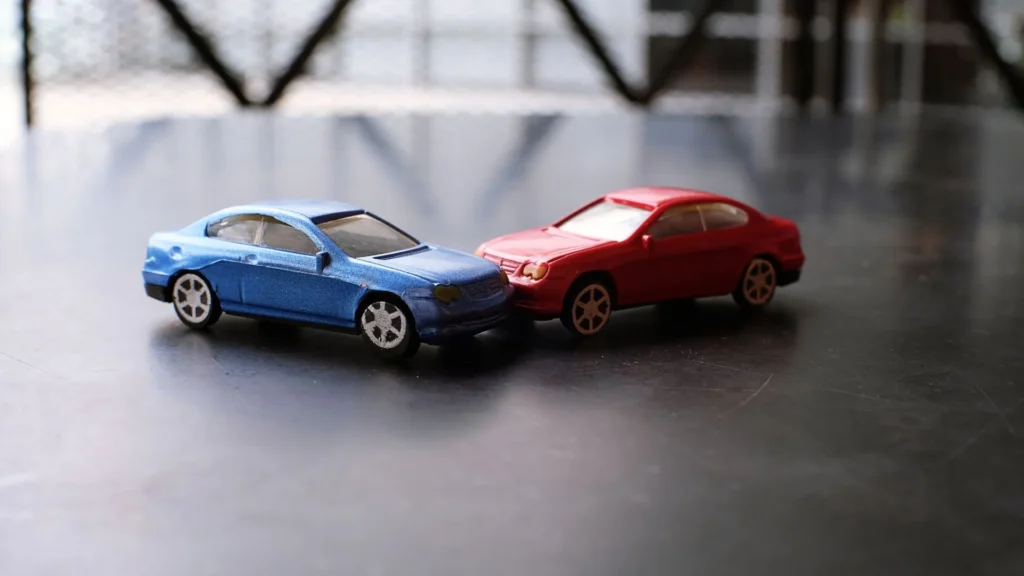Canceling car insurance is more challenging than it sounds. Before canceling your car insurance to sell it, you must comply with your state motor vehicle regulations. Proper sale documentation from an existing owner to the new owner needs complete document compliance. If you cancel insurance too early, you could be at risk of fines and other charges. However, if you cancel too late, you end up paying unnecessary premiums on your car. Only after the post-title transfer of a vehicle in the name of a new buyer can you approach the insurance agency to cancel your car insurance. Here’s what you need to know about canceling car insurance after selling a car.
Use Beem to compare car insurance from every major insurance provider to find a suitable match for your needs and save hundreds of dollars every year.
When Should You Cancel Insurance After Selling a Car?
Yes, you can cancel your car insurance after selling your car, signing the title to the new owner and completing the bill of sale. Once your vehicle is sold, contact your insurance company and cancel your policy. If you’re buying a new vehicle, add it to your current policy instead of canceling it.
However, different states have a crucial window for cancellation after ownership transfer. You must wait to cancel the insurance before selling the car or too late after the transfer. Generally, the insurance company mentions when to cancel the insurance when the vehicle is sold; you must follow those rules.
Do I Need Insurance on a Car I’m Selling?
Yes, most states require car owners and drivers to have liability insurance coverage. Remember, irrespective of whether the owner is driving or not needs to have liability coverage. Most importantly, until the car is in the name of the vehicle’s owner, you will have to keep an updated auto policy to meet the auto insurance laws of your particular state. If not, you could be legally and financially responsible for any accident where your car was involved when selling it. So, maintaining your car insurance is in your best interest until you sell it off.
What if I Sold My Car and Forgot to Cancel the Insurance?
You can go for retroactive cancellation If the insurance cancellation post-vehicle sale might slip out of your mind. There might be many reasons to forget, and the seller only finds out they still need to do so after the extension contract arrives at his mailing address.
You must prepare to formally explain the situation to the insurer and have them cancel the policy immediately. The insurer could be in its capacity to provide you with a refund of the unused months. Though they may not be obligated to issue a refund the way you imply to shift future business elsewhere, they might consider refunding some amount because keeping you as a client is their priority.
As a seller, you need to remember that the exact vehicle only gets insured once, as the buyer would also get the insurance coverage from a different company, unaware of your previous continued policy. This could get you in the legal hassles of double insurance. If this happens, it might be considered an attempt to make double profit from the insurance, which is legally a fraud. So you need to cancel the insurance as soon as possible after the sale of your car.
When You Should Keep Your Policy
Maintaining a policy and maintaining vehicle coverage are different. Once you sell your car, you can remove the vehicle coverage from your insurance policy only to add a new car if you intend to buy one in a few months. It would be considered a smart move from your side to maintain the policy as you may have specific loyalty discounts with your insurance provider after years of your attachment with them, which you would want to retain.
Considering the gap between your old car sale and new car purchase, you might think of canceling your policy to save a few dollars, only to find you need to open a new one in the next two months. You give them back perhaps a little extra for a new policy. In this situation, it’s worth keeping the plan active.
What to Do Before Canceling Your Policy
Call your insurance Agency
To legally protect yourself and release liability, you must cancel your policy, ensuring all required sale documents for the insurance company are in place. Ensure you get all insurance-specific information for policy cancellation from your insurer, as different companies have different sets of rules, so it’s best to call your insurance agency and get information from the source.
Gather legal documents for the sale
- Title transfer: Official document indicating who legally owns the vehicle. After the sale, you transfer the title to the new owner.
- Bill of sale: A document that outlines vehicle sale transactions, vehicle identification details, buyer and seller identification details, and the purchase price and payment method.
- Odometer disclosure: This document shows the current mileage in writing when the car is sold. If the buyer gets in an accident after the sale, the odometer reading protects the seller from liability.
- Notice of Release of Liability: This document protects you from any parking violation, traffic violation, or criminal action associated with the car after the sale.
Alert the DMV to your vehicle sale
The Department of Motor Vehicles needs you to cancel your car’s registration after the sale. This requires handing over the license plate and bringing in a VIN for your vehicle description and verification, an inspection certificate, and a service record. Cancelling with the DVM can sometimes have an associated cost as a fee to cancel the registration. Different states of DVM have significantly different processes to cancel the registration.
Conclusion
So, canceling insurance is a prime step in every vehicle sale. Thankfully, the process is quick and relatively less expensive. However, if you fail to do so, it can result in serious repercussions. Hence, you must contact the insurance company once you’ve finalized the sale. All you need to remember is the timing of cancellation of the insurance in the process of your car sale. Check out Beem to compare the best auto insurance for your car needs.




























